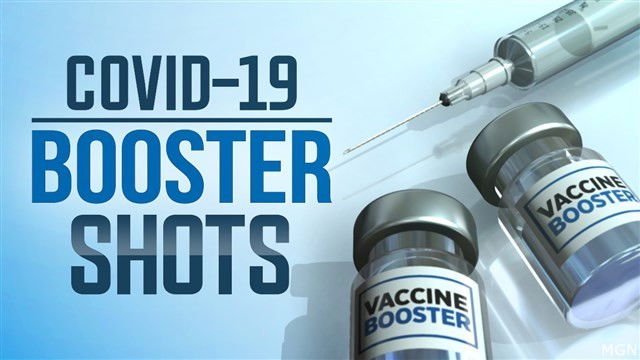Biden administration expected to advise Covid booster shots for most Americans

By Kaitlan Collins, CNN
(CNN) -- Top health officials in the Biden administration are coalescing around an agreement that most Americans should get Covid booster shots eight months after becoming fully vaccinated, two sources familiar with the discussions tell CNN.
The plan, which is still being developed, would involve administering third shots beginning in mid- to late September, one source added, pending authorization from the US Food and Drug Administration. Pfizer and BioNTech said Monday that the companies have submitted initial data to the FDA to support the use of booster doses for their Covid-19 vaccines.
The plan could be announced as soon as this week, though the timing could slide. Until now, federal health officials have said boosters are not needed by the general population. Last week, the FDA authorized third doses for some people who are immunocompromised and the US Centers for Disease Control and Prevention almost immediately recommended giving those doses.
News of the plan for boosters for most Americans was first reported by The New York Times.
Given that health care workers and nursing home patients were first to receive their shots, the administration currently expects they'll be first to receive boosters as well. Older populations who were also at the front of the line for first vaccinations would be next, the source said.
This is the current booster plan for those who got vaccines with two doses. Officials are still gathering data for Johnson & Johnson's one-shot vaccine. Experts currently anticipate that those who received J&J will need booster shots as well, but they will make that decision once they have more data, a source familiar with discussions told CNN.
Earlier Monday, Pfizer and BioNTech said they had submitted initial data to the FDA to support the use of a booster dose of Covid-19 vaccine.
A third dose elicited a significantly higher antibody response against the initial strain of coronavirus, as well as the Delta and Beta variants, compared with what was seen among people who got two doses, the companies said.
"Given the high levels of immune responses observed, a booster dose given within 6 to 12 months after the primary vaccination schedule may help maintain a high level of protection against COVID-19," the company said in a statement.
"This initial data indicate that we may preserve and even exceed the high levels of protection against the wild-type virus and relevant variants using a third dose of our vaccine," added Dr. Ugur Sahin, CEO and co-founder of BioNTech. "A booster vaccine could help reduce infection and disease rates in people who have previously been vaccinated and better control the spread of virus variants during the coming season."
Last month, researchers reported the J&J vaccine provides immunity that lasts at least eight months, and it appears to provide adequate protection against the worrying Delta variant. J&J said at the time that a second or booster dose of its vaccine would not be necessary. Pfizer/BioNTech and Moderna have both said their two-dose vaccines are protective for at least six months.